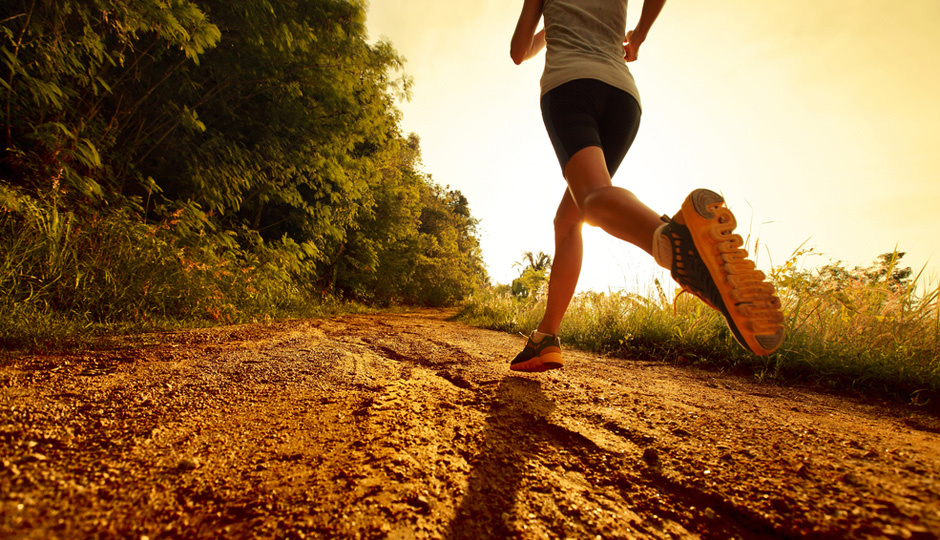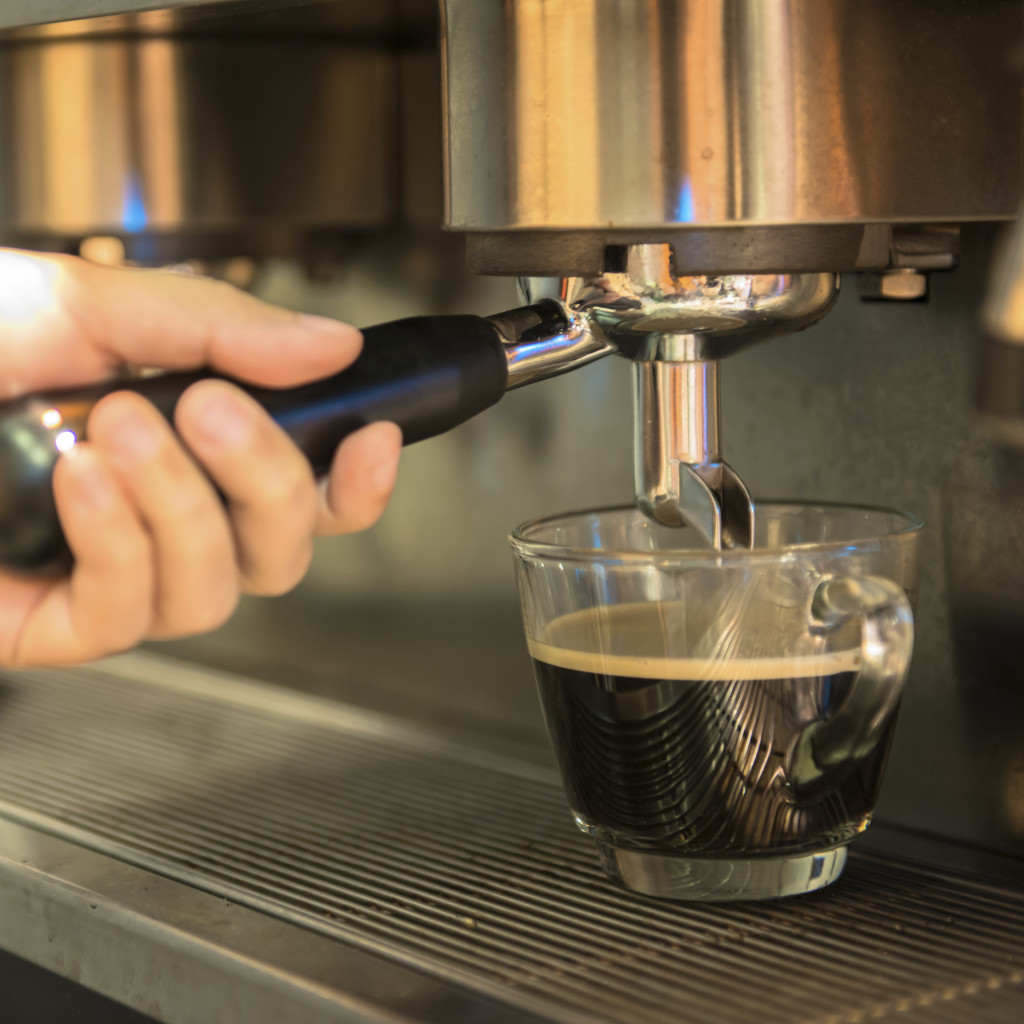Debunking myths about fasted running
Here's why fasted running probably isn't for you

Running fasted is a potential training tool that’s a bit of a minefield. Between intermittent fasting, the keto diet and the LCHF (low-carb, high fat) buzz, it can be challenging to understand them, let alone decide whether to adopt any of them.
Runners are always looking for an edge, but exercise physiologist Trent Stellingwerff breaks down for us why most runners don’t need to run fasted. In addition, he explains the differences between some of running’s biggest nutrition and training buzzwords, and suggests other practices you can implement to get to the finish line faster.

RELATED: How to support a runner through RED-S
What is a fasted run?
Stellingwerff says that a fasted run is generally when the last meal you consumed was the night before at dinner. “This is when you get up first thing in the morning, and have only water or a cup of coffee before running.”
He explains that the goal (metabolically) of a fasted run is to take fat from cells and put it into the blood stream, but that this process takes about 20 to 30 minutes to get going and 45 to 60 minutes to accomplish anything. So to make any metabolic difference, your fasted run needs to last over one hour.

“If you’re going out for 20 minutes, it’s not worth the effort to try and do it,” he explains. “Unless you have time to undertake an hour of exercise, it’s a non-starter.” So unless you can commit to a 60-minute run every morning, fasted training might not be for you.
What is a carb-depleted (low glycogen) run?
Stellingwerff explains that low-glycogen training looks something like this: “You get up, you have breakfast, you do a hard workout. This workout could be something like 5 x 1 mile. Because the intensity is so high, you’re going to use a lot of muscle glycogen (which are the calories that come from carbs).”

Following a big morning workout, the runner would go on a four- to five-hour keto diet eating an appropriate amount of calories, but going light on the carbs for the afternoon, before their second run. “This means that the second run is done in very low-glycogen state. This second run would usually be an easy run. You feel like death, but it creates a stress and stimulus. This run would kind of feel like how you would feel in the last 10K of a marathon. What’s unique here is that you don’t have to run 30K to get to that feeling.”
Low glycogen doesn’t mean low energy availability
Low energy availability is when the body has put out more calories than it’s taken in. That shouldn’t ever be the case with carb-depleted runs, as the runner should’ve consumed sufficient calories that day, just more fats and protein with less carbs.
Is fasted running a more problematic practice for women?
Stellingwerff says that not enough research has been done on the topic to be sure, but in theory, it could be more dangerous for women to run fasted. “When it comes to low energy availability, it seems to be a bigger problem in women than men. Men can go deeper in low energy availability (a larger caloric deficit) before their bone density weakens or hormones change. In females, hormone disruption and bone disruption happen more quickly. Because fasted training incorporates long periods of low energy, perhaps females could be more susceptible to negative side effects.”

There are so many other things that can make you a better runner
Stellingwerff says that he only really introduces either of these nutrition practices with mature, elite athletes who’ve mastered their training in almost all other regards and are competing in an event that lasts longer than two hours. “Chances are there are gaps in most runners’ training that are more important to close.”
He adds that at every level of sport, the athlete can always be improving. “I think looking at your training and considering where you can improve is key. And I think there are hundreds of ways to improve before considering implementing fasted runs or low-glycogen runs. Do you need more sleep? Should you be doing more speed work? How’s your strength program?”


